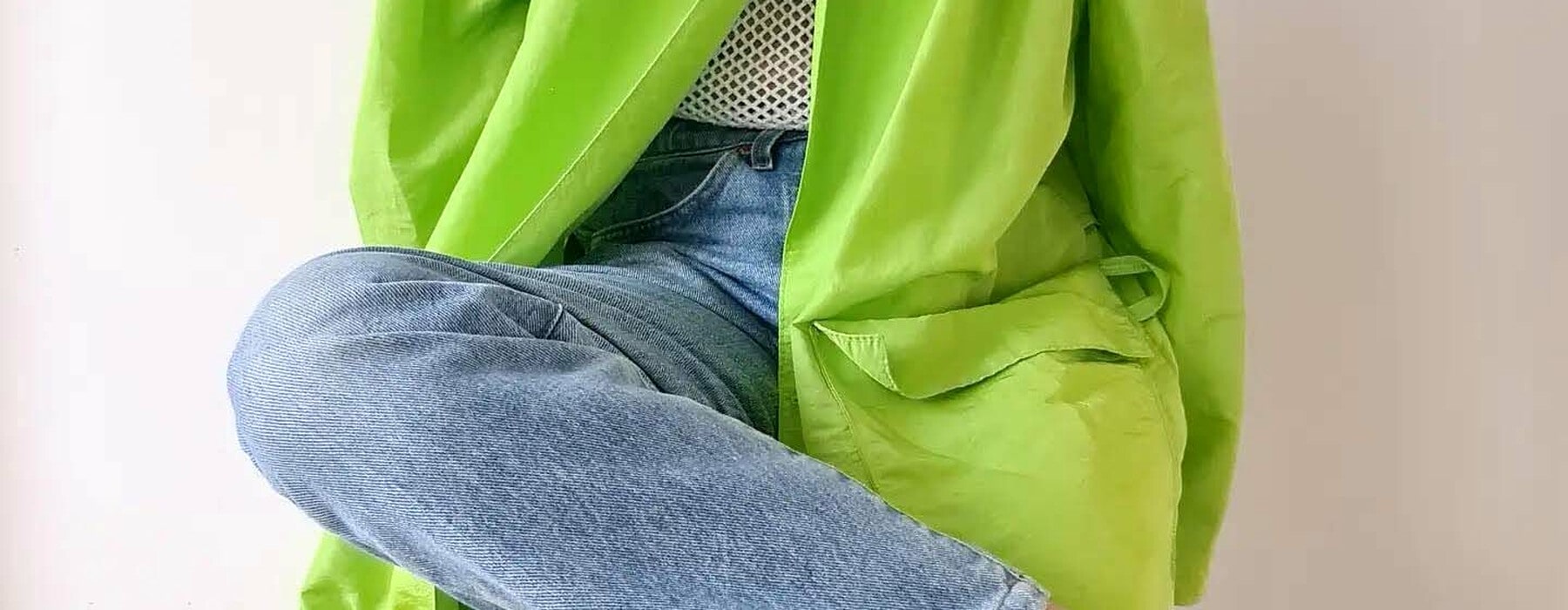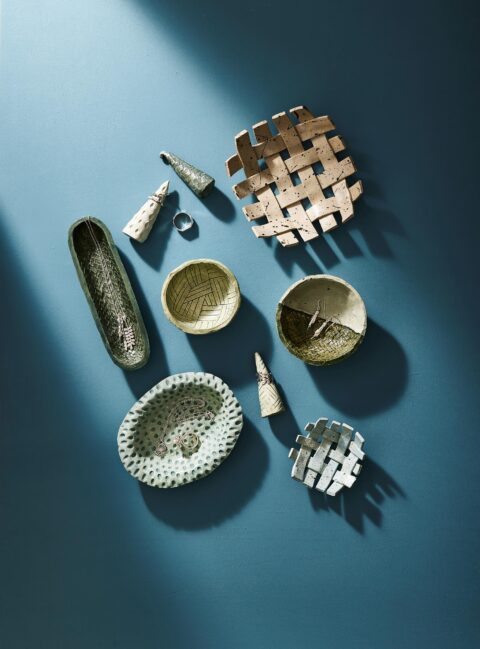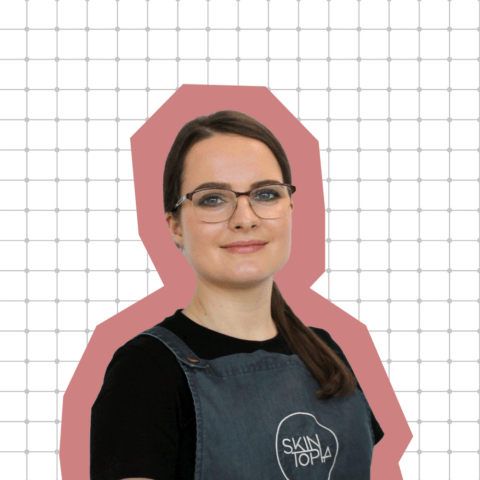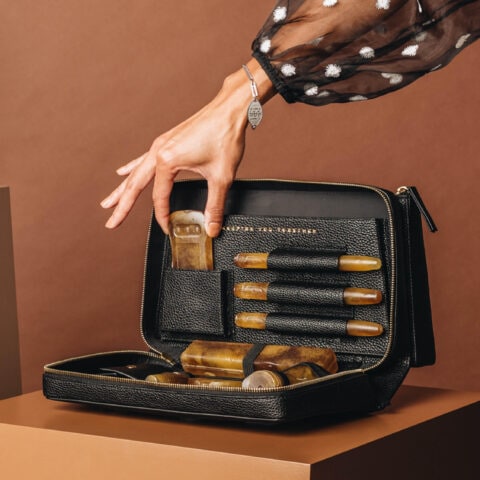Is op shopping really the fast-fashion cure-all it’s cracked up to be? Thrive editor Niki Bezzant talks to a sustainable fashion expert who says we have to be careful not to swap one over-consumption addiction for another.
Second-hand is the new black in the fashion world, it seems. Fashion Revolution, the global organisation aiming to change the way we think and act when buying clothes, recently reported that fashion resale is thriving. By 2030, it’s predicted that second-hand clothes will comprise around 18 percent of the average wardrobe, double what it was in 2020. This, they say, will go some way towards shrinking the mountain of clothing that’s discarded – in the UK it’s 13 million garments every week, many of which end up in landfill. Buying second-hand keeps clothing in circulation and has the potential to decreases demand for new fabric and garment production.
Sustainable fashion advocates say we need to be careful, though, and sound a warning: just switching to shopping second-hand is not the whole answer to our clothing waste problems. We need to change our attitudes, too.
I come from a family of avid op shoppers. It’s a point of pride, when we’re complimented on a garment, to say, “This was $5 at the Red Cross shop!” But all of us have bought clothing items second-hand that we haven’t worn, and that sit in the wardrobe unloved before ultimately being discarded or re-donated.
I talked to Dianne Ludwig, who runs the popular Instagram vintage fashion account Welcome Back Slow Fashion (@welcomeback_slowfashion) about this issue. She’s concerned that – while it’s great people are interested in shopping more sustainably – by simply embracing second-hand shopping in the same way we may have previously loved fast fashion, we’re not really changing our habits at all.
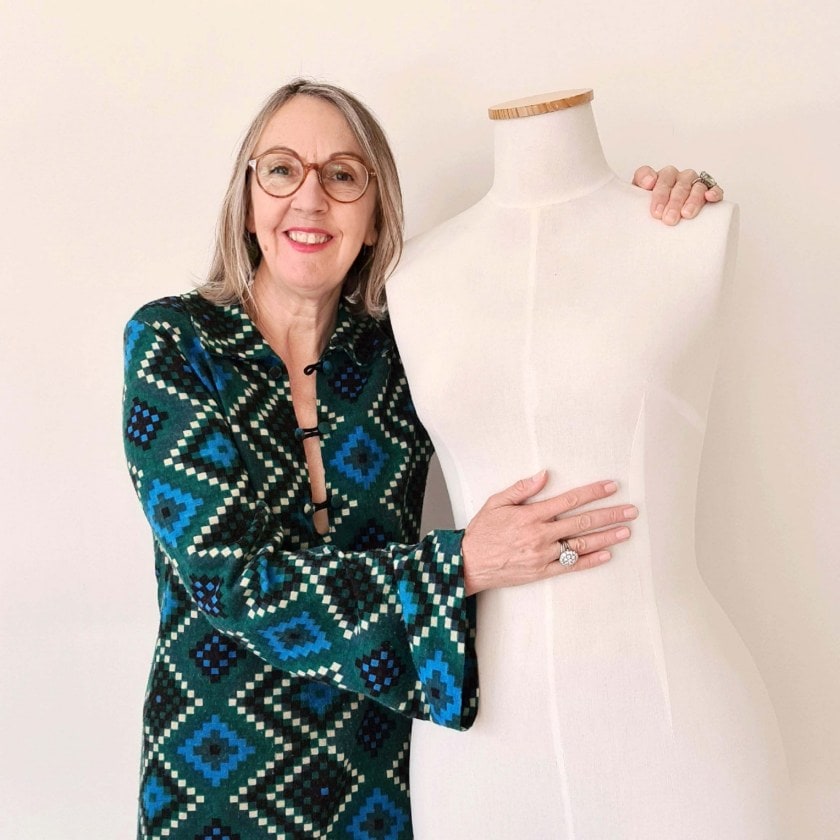
“Buying second-hand is only really sustainable to this point: are you mindfully consuming; are you buying it because you need it and are going to wear it and you’re going to love it and look after it?” she says.
“Or are you just buying it because you’re addicted to buying, having something arrive in the mail or walking out of a shop with a bag – or in the case of op shopping, with an armful of clothes? That’s not really getting us to a more sustainable point. To me that’s still fuelling that addiction to having things.”
That addiction is something many younger people have known all their lives. There’s a generation or two, now, Dianne points out, who’ve grown up with a different relationship with clothes to their parents and grandparents, for whom clothing was relatively expensive, special and cherished.
“I feel a bit sad sometimes,” she says, “that some of the experiences that I had growing up in terms of shopping being a really treasured thing and getting a new piece of clothing being something that you really looked forward to, and you held on to for years and that you really formed a lot of memories around – that’s disappearing in a lot of ways for a lot of people. There’s a whole generation who may never have experienced that.”
“I do wonder with young people who are constantly buying clothes – will you have the memories apart from the Instagram photographs of you wearing it once? Will you have close attachments to your clothes when they are just something that you cycle through?”
Fast fashion in disguise
It’s great, Dianne says, that people young and old are getting into second-hand shopping (or “thrifting” as we’re now increasingly calling it, a term adopted from the US). But it’s alarming that fast-fashion habits have crept into this kind of shopping, too.
“Because it’s so cheap, there’s an inclination to buy more than you really need. And it’s interesting if you look at some of the really large op shops: they might have half the store dedicated to fashion, but they have no more than two changing rooms. So you’re seeing people buying all these clothes… but very few people are actually bothering to try something on. It’s that whole thing: I’ll just take it anyway, and if it doesn’t suit me, it doesn’t really matter, because I didn’t drop too much money on it and I’ll just re-donate it.”
Online, the concept of the op-shop “haul” has become a thing, with young fashion-lovers posting videos of the piles of garments they’ve scored from a day of shopping. “To me it feels like that just glorifies the whole over-consumption thing.” Dianne explains.
“I get quite grumpy about it because I don’t feel like it’s in any way mindful or sustainable. Yet I see it used in the very same sentence: ‘It’s more sustainable.’ Like hell it is! You’ve just walked out with an armload of clothing. Are you even going to wear any of it?”
Changing habits
Changing the way we shop – wherever we shop – should be our goal if we want to be more sustainable, Dianne reckons. “Wherever we shop, we just need to be buying less. That’s the key thing; it doesn’t boil down to much more than that,” she says.
In her own Instagram business, selling is not really the point; what she loves is sharing the stories that come with the garments.
“I love being able to put up my posts and to think that people are going to like the post or just look at it… that’s why I spend quite a lot of time over my photography, because I actually just want people to enjoy the garment. I don’t necessarily want them to buy it. I want things to go to a home where they’re going to be worn, as well. That feels more important.”
If we can buy less, we’re likely to enjoy our clothes more, and that can flow on to other areas of our lives. “With second-hand, unless we slow it down, it doesn’t get us into a better place of people having high levels of satisfaction and enjoyment,” Dianne says.
“It’s not just about us slowing down clothes. It’s about us slowing down all forms of consumption.”

